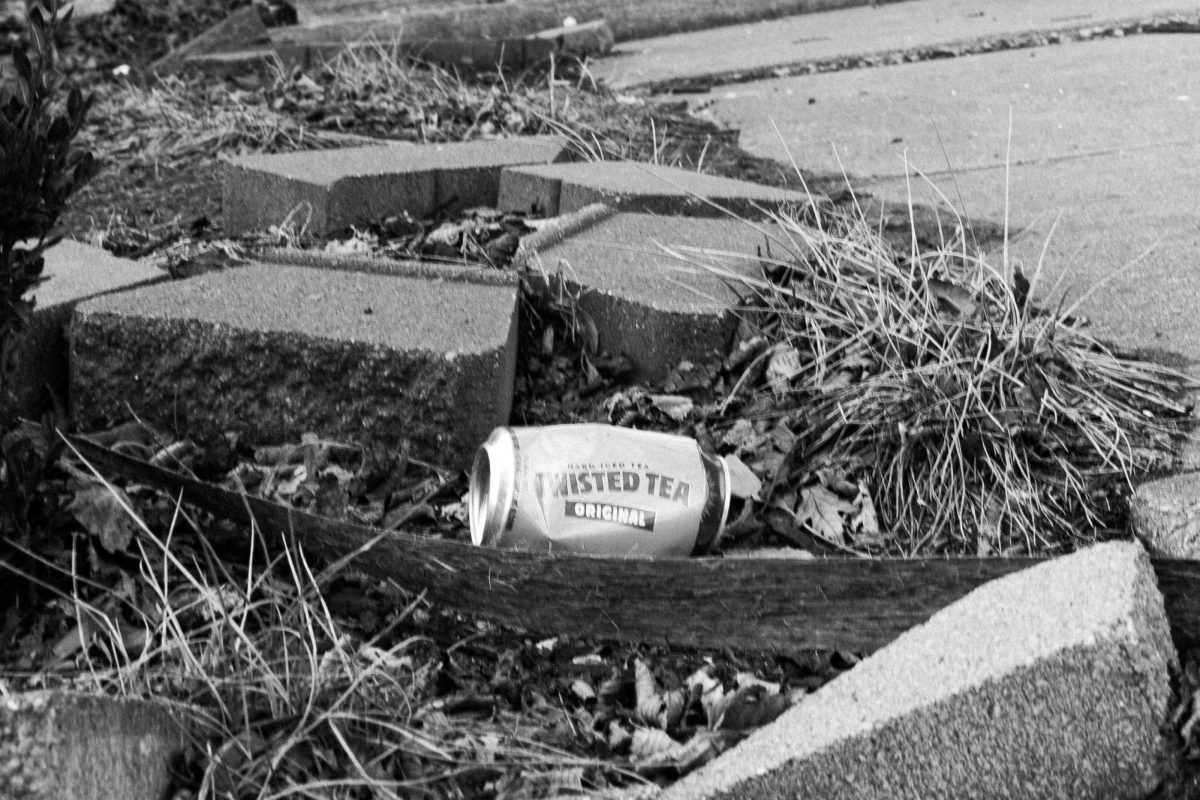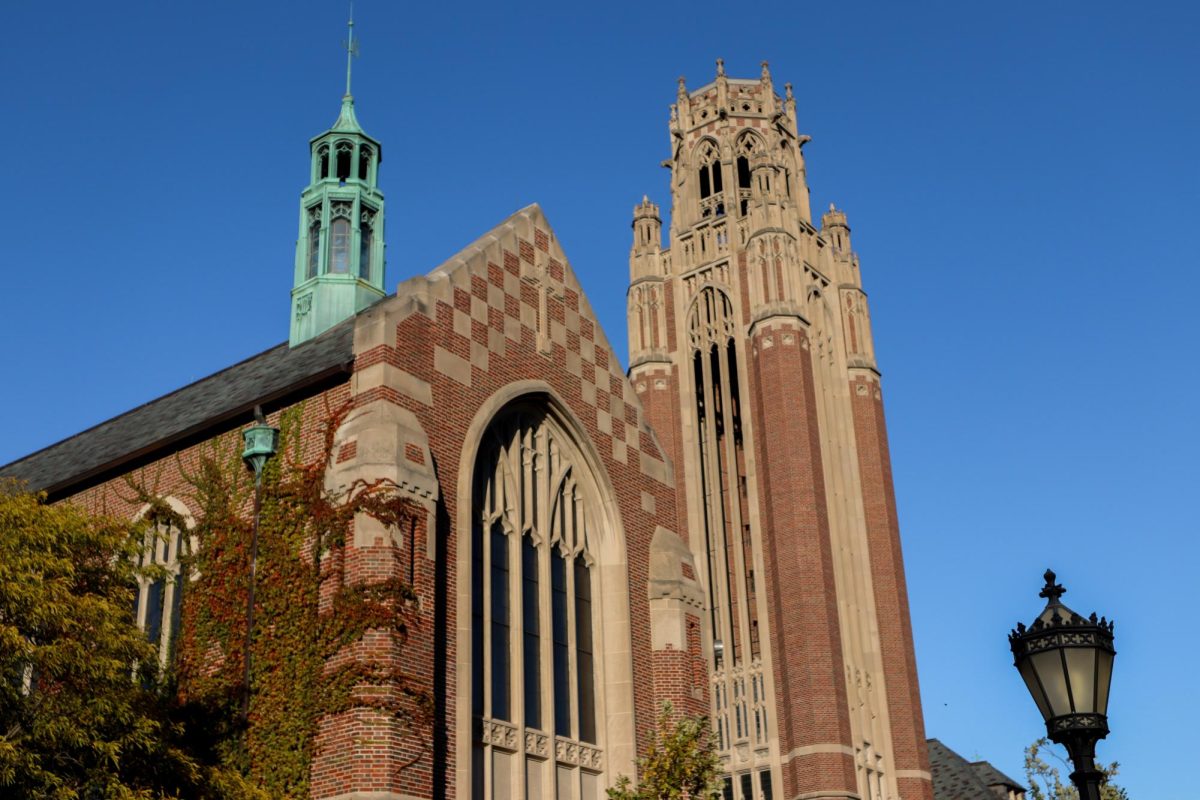Last week, the University of Chicago’s long-running, infamous debate over free speech rights on campus flared again as the community expressed outrage over the Institute of Politics (IOP)’s tweet depicting a student holding a whiteboard reading, “I vote because the coronavirus won’t destroy America, but socialism will.” To no one’s surprise, conservatives on and off campus condemned the backlash as bullying, argued that it violated the student’s freedom of speech, and called for swift University intervention.
In a statement on her official Facebook page, Fox News television host Rachel Campos-Duffy, the student’s mother, denounced the University, saying “shame on the University of Chicago & the Institute of Politics for letting the radicals run wild & not setting standards for how to disagree & debate with civility & respect.” The student herself was even more pointed, writing in a Maroon op-ed: “As of writing this opinion, the administration and the IOP have not come to my defense, nor have they condemned the intolerance and violence students have directed toward me. It is not hard to imagine what sort of actions they would be taking if an LGBTQ+ or Muslim student faced similar threats or experienced this sort of intolerance on campus.”
This disturbing false equivalence—between the harassment faced by minority students and the backlash caused by conservative trolling—exposes the heart of the conservative argument and how vapid it really is. In his seminal The Politics of Recognition, Canadian philosopher Charles Taylor summarized the risks of discriminatory discourse towards vulnerable individuals, writing that “our identity is partly shaped by recognition or its absence, often by the misrecognition of others, and so a person or group of people can suffer real damage, real distortion, if the people or society around them mirror back to them a confining or demeaning or contemptible picture of themselves.”
The University is rightly obligated to take action against racist or homophobic speech when it affects its students, for such discourse degrades these students’ humanity and demeans fundamental aspects of their identity. But what about the denial of recognition to conservative students, or the kinds of belittling recognition they receive in response to their real beliefs?
First, we see that demand for recognition made by conservative students is in fact a demand for the recognition of the legitimacy of their beliefs. Campos-Duffy’s statement makes clear that what she wants is University action to force students into treating conservative opinions with “civility & respect.” Of course, this is absurd: No one has an a priori right to have their arguments taken seriously, nor are one’s political beliefs entitled to universal respect. Derision, mockery, and satire—the discursive denial of recognition and contention that one’s arguments do not merit serious rebuttal—are fundamental to free speech.
Second, casually asserting that “socialism will destroy America” in a nonpartisan IOP series showcasing many students’ heartfelt experiences or specific policy advocacy was obviously and intentionally provocative, even if it was sincere. It is highly disingenuous to feign surprise and horror at popular backlash to obviously controversial trolling. More alarmingly, the idea that anger at such trolling is equivalent to prejudice against racial and sexual minorities is itself degrading toward minority students. Our core identities are nothing like the experience of writing inflammatory political opinions on an IOP whiteboard. These demands for recognition are not the same and should not be treated as such.
More than anything, what this episode showcases is that political discourse at this University is alive and well. The IOP permits prejudiced conservatives to air their opinions—to considerable support, judging by social media reactions—and the community consciously chooses to deny such views legitimacy and recognition. This is not “groupthink” but an active discursive culture which minimizes comments that are inflammatory and unproductive, thereby protecting and elevating real, more nuanced discussion. Yet again, it seems that many campus conservatives need a reminder: Real free speech often involves bruised egos and well-deserved backlash—and this should not make you a victim.
Jack Votava is a third-year in the College.








